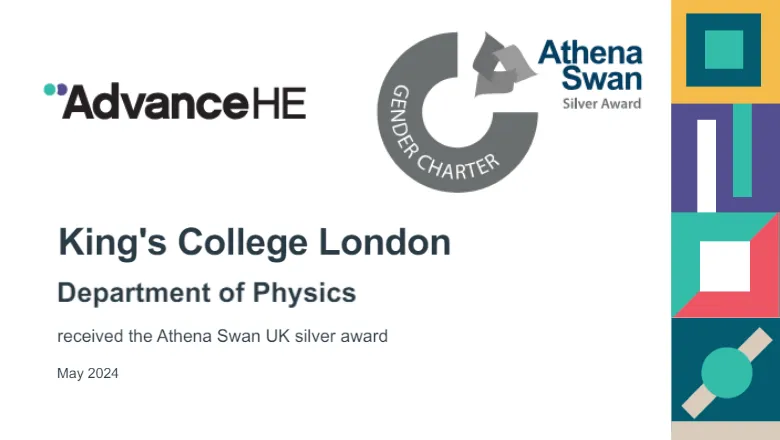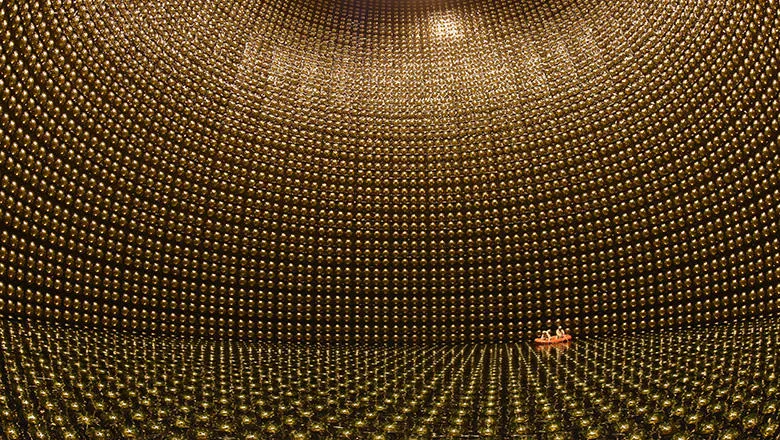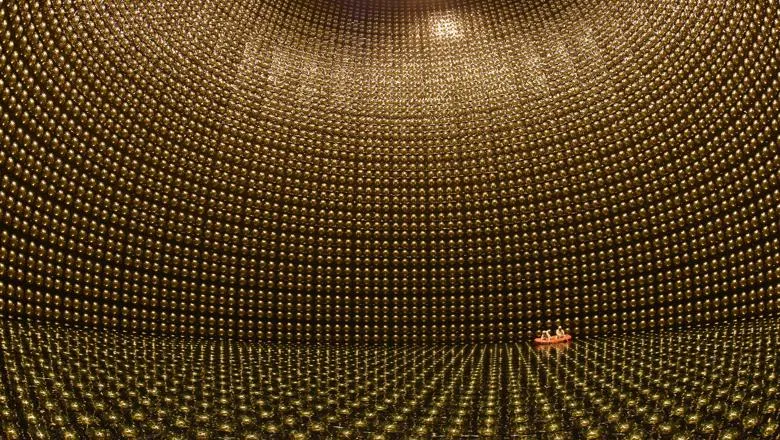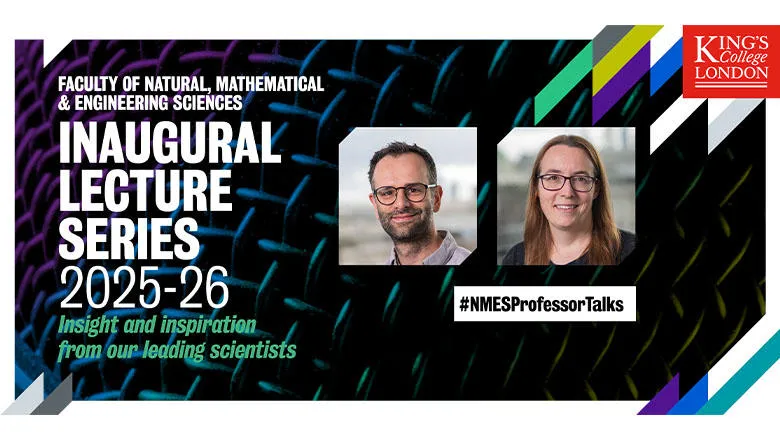
Professor Jeanne Wilson
Professor in Particle Physics
- EPAP Group Postgraduate Admissions Coordinator
- Department EDI Lead
Research interests
- Physics
Biography
Professor Jeanne Wilson is a Professor in Particle Physics in the Department of Physics at King's College London. Professor Wilson is an established researcher in the field of experimental neutrino physics. She graduated from the University of Sheffield with an MPhys in Physics and Astronomy and completed her PhD research at the University of Oxford on the Sudbury Neutrino Observatory, producing the first energy spectrum of 8B solar neutrinos.
She held a PPARC post-doctoral fellowship at the University of Sussex on the COBRA experiment, and a Leverhulme Early Career Fellowship at the University of Oxford on the SNO+ experiment, both in the field of neutrino less double beta decay. From 2010-2019 she was a Senior Lecturer and Reader at Queen Mary University of London working on the T2K, SNO+ and Hyper-Kamiokande neutrino experiments. She joined King's College in 2019 to help establish the new Experimental Particle Physics group, bringing her research on SNO+, T2K and Hyper-K.
Prof Wilson is also strongly invested in equality, diversity and inclusion initiatives.
Research Interests
Prof Wilson's research aims to probe the fundamental properties of the neutrino, the most weakly interacting fundamental particle, through measurements of long baseline neutrino oscillations in T2K and Hyper-Kamiokande and a search for neutrino less double beta decay with the SNO+ experiment. For the Hyper-Kamiokande experiment she is currently focusing on the design and installation of the outer detector veto system, and for SNO+ she holds the role of analysis coordinator.
Her ultimate goal is to answer three main questions: 1) Does CP violation exist in the lepton sector to explain the existence of our matter dominated universe? (T2K and Hyper-Kamiokande) 2) Is the neutrino a Majorana particle that can act as its own anti-particle, rather than a Dirac particle obtaining mass through the Higgs mechanism like all other fundamental particles? (SNO+) 3) What is the absolute mass scale of the neutrino? (SNO+)
Research

Experimental Particle & Astroparticle Physics
The aim of the EPAP group is to address some of the major open questions in our understanding of matter through the study of the nature of fundamental particles
News
Department of Physics receives second Athena Swan Silver award
The Department of Physics has been awarded the Athena Swan Silver award for the second time.

King's researchers contribute to groundbreaking discovery of neutrinos from nuclear reactors
The King’s Physicists received international recognition for their contribution to the discovery

Super-K developments facilitate powerful advancement in particle physics
King’s physicists hope to be able to make a more detailed study of neutrinos after modifying the Super-Kamiokande neutrino detector tank, and introducing the...

King's physicists herald Big Bang breakthrough in particle physics
In the first breakthrough of its kind in over 50 years, a team of researchers from King’s Department of Physics have contributed to findings by an...

Events

Teacher workshops: understanding neutrinos
Two free online workshops for GCSE teachers to support them to deliver classroom activities on the topic of neutrinos.
Please note: this event has passed.

Physics Inaugural Lecture
The Inaugural Lecture Series from the Faculty of Natural, Mathematical & Engineering Sciences (NMES) celebrates the journeys and career successes of our...
Please note: this event has passed.

Physics Research Showcase
Showcasing the latest research from women in the Department of Physics
Please note: this event has passed.
Research

Experimental Particle & Astroparticle Physics
The aim of the EPAP group is to address some of the major open questions in our understanding of matter through the study of the nature of fundamental particles
News
Department of Physics receives second Athena Swan Silver award
The Department of Physics has been awarded the Athena Swan Silver award for the second time.

King's researchers contribute to groundbreaking discovery of neutrinos from nuclear reactors
The King’s Physicists received international recognition for their contribution to the discovery

Super-K developments facilitate powerful advancement in particle physics
King’s physicists hope to be able to make a more detailed study of neutrinos after modifying the Super-Kamiokande neutrino detector tank, and introducing the...

King's physicists herald Big Bang breakthrough in particle physics
In the first breakthrough of its kind in over 50 years, a team of researchers from King’s Department of Physics have contributed to findings by an...

Events

Teacher workshops: understanding neutrinos
Two free online workshops for GCSE teachers to support them to deliver classroom activities on the topic of neutrinos.
Please note: this event has passed.

Physics Inaugural Lecture
The Inaugural Lecture Series from the Faculty of Natural, Mathematical & Engineering Sciences (NMES) celebrates the journeys and career successes of our...
Please note: this event has passed.

Physics Research Showcase
Showcasing the latest research from women in the Department of Physics
Please note: this event has passed.
